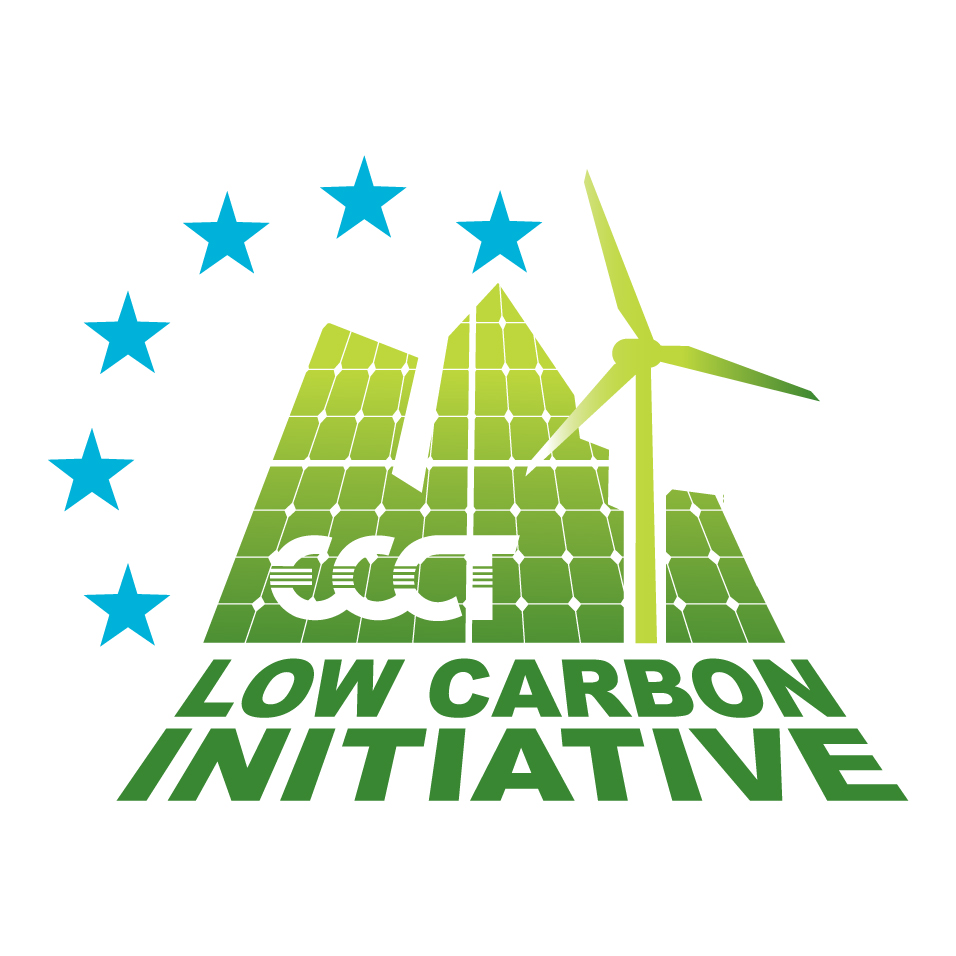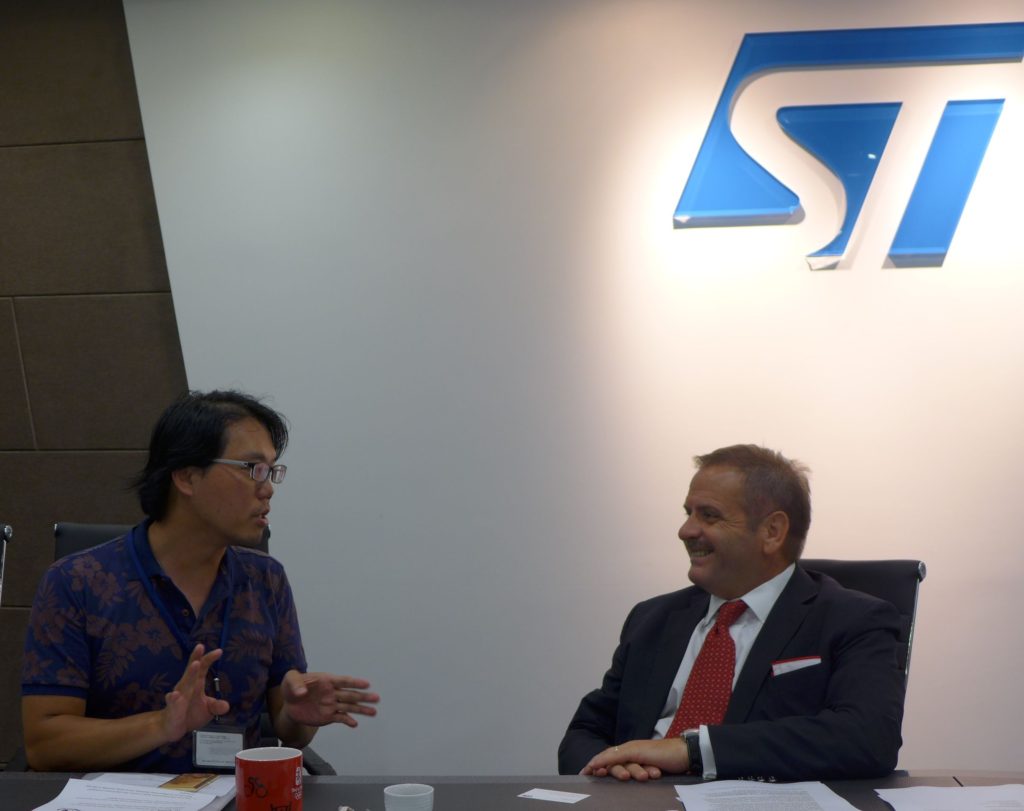Energy Trends and Prospects in Europe and Taiwan: Global View Monthly Interview with ECCT Chairman Giuseppe IZZO



On Tuesday, 6 August 2013, Mr Giuseppe IZZO, ECCT Chairman and General Manager of STMicroelectronics Ltd., gave an interview with Global Views Monthly (GVM). He spoke about current energy policies and initiatives in Europe and challenges that Taiwan faces on these matters.
As the second highest CO2 emitter (per capita) worldwide, behind the US, Taiwan is confronted with the challenging but viable task of significantly improving its carbon profile in order to sustainably provide energy for future generations, said Mr IZZO.
Post-Fukushima Debates
Since the Fukushima nuclear disaster in 2011, the question of which means of energy generation governments should prioritise in their energy policies has consistently been a matter of debate. Having visited France and Germany recently in late July 2013, GVM was interested in Mr Giuseppe IZZO's view on the energy situation in Europe regarding this issue.
The ECCT Chairman explained that Europe is characterised by a diverse array of country-specific policies and cultures, visible already by contrasting Europe's largest economies. On one hand, France shows confidence in guaranteeing the safety of nuclear power. On the other hand, Germany plans to phase out nuclear power by 2020, while heavily investing in renewable energies. Mr IZZO indicated that public awareness of the inherent risks and unpredictability associated with nuclear energy has grown.
Asked about the risks and opportunities in energy policies, Mr IZZO stated that any energy policy will have risks attached to it. One therefore needed to take into account that "the cycle of risks and opportunities is inherent in change." Meanwhile, however, there are uncountable opportunities for innovation resulting from investments in renewable energies and energy efficient solutions.
Low-Carbon Prospects in Taiwan
The ECCT Chairman named three general ways of achieving lower carbon emissions: (1) Through disruptive innovation by seeking out new ways of obtaining resources to support our energy consumption as seen in the hydraulic fracturing processes in the US as an example; (2) through product improvement by upgrading energy efficiency through constant product innovations and developments; and finally (3) by improving consumer habits since the private energy user lies at the root of energy demands. Ways two and three could be seen as validated approaches to tackling CO2 emissions in Taiwan.
GVM therefore asked about the prospects of Taiwan applying low-carbon energy solutions. Taiwan's energy situation is limited due to its densely populated space, geographical specificities as well as being "at the crossroads of extreme climatic conditions," Mr Giuseppe IZZO explained.
Furthermore, Mr IZZO continued, there may be limited options in generating widespread renewable energy in Taiwan, however, "good demand [for low-carbon products] creates quality energy and therefore infinite options for improvement" in a multitude of sectors; one of the most apparent areas being the built environment. In fact, as Mr Giuseppe IZZO emphasized, there is a very high potential to foster demand for energy efficient solutions, which would in turn spur incentives for developing energy efficient products.
Coping with Energy Challenges in Industries
With regard to the question of how enterprises could turn energy pressures into new opportunities to foster energy efficient solutions, the ECCT Chairman named energy management and environmental impacts of products as the two main dimensions that companies can expand on.
By fostering eco-friendly policies internally, a company may achieve an environmentally neutral footprint, for instance, by regulating the use of office paper and renovating lights. Externally, a constant striving to improve the energy efficiency of products not only has an environmental impact but increases the company's competitiveness in the development of new technologies.
Finally, Mr IZZO reiterated that "we borrow this world from our children" and that we have the responsibility to "return it to our children in better shape." Seen in this light the ECCT Chairman's belief also reflects the responsibility of society as well as its enterprises towards the well-being of future generations.
